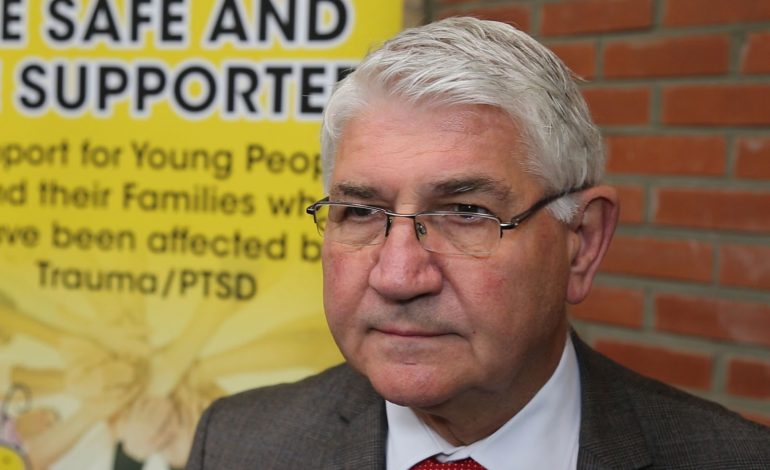Decisions about policing, and how best to achieve maximum effectiveness and efficiency, are best taken at local level according to Police, Crime and Victims’ Commissioner Ron Hogg.
Mr Hogg was speaking on the day that Sir Tom Winsor, HM Chief Inspector of Policing, Fire and Rescue Services released his annual State of Policing Report.
The report praises forces for maintaining high standards of policing, and calls for greater cooperation between the different criminal justice agencies. It also calls for the Government to recognise the disproportionate effects on less affluent communities of reductions in police funding, and goes on to suggest that the Government could require greater collaboration between police forces.
Ron Hogg said: “There is much in Sir Tom Winsor’s report that I support. He is right to give credit to the many hard-working Police Officers who do an excellent job in difficult circumstances.
“He is also right to suggest that there is real scope for closer working between criminal justice agencies. In Durham and Cleveland we have a well-established Local Criminal Justice Partnership with a clear plan to tackle shared outcomes and develop an end-to-end system to support victims and witnesses, whilst also reducing re-offending and rehabilitating offenders.”
Ron added: “I also support the call made in the State of Policing report for longer-term funding settlements, and his clear acknowledgement that the increased onus on Police and Crime Commissioners to raise funding from Council tax payers puts an unfair burden on poorer areas.
“For the past two years I have had to increase the precept by the maximum Government allows me to, just to maintain Police Officer numbers. At the same time, PCCs in more affluent parts of the country (where there are many more houses in the higher Council tax bands) have not needed to do this, and some have been able to increase Officer numbers.
“Around half of the properties in Durham and Darlington are in the lowest Council tax band, and so a rise in the precept for them yields a smaller amount of revenue for policing. This is an unfair situation and Sir Tom is right to say that it shouldn’t continue.”
Ron concluded by saying: “The report’s suggestion that Government should make collaboration between forces compulsory is deeply flawed however. PCCs working closely with Chief Constables, are best-placed to know where collaboration is needed, based on a comprehensive understanding of local needs and conditions.
“In Durham we have a number of cooperation agreements in place with neighbouring forces, and partners across the country, covering anything from roads policing to counter-terrorism. I agree with Sir Tom that collaboration is germane to efficient and effective policing, but to suggest that the Home Office can impose it in a top-down way is to misunderstand the benefits of local-decision-making, drawing strongly on public opinion.”








